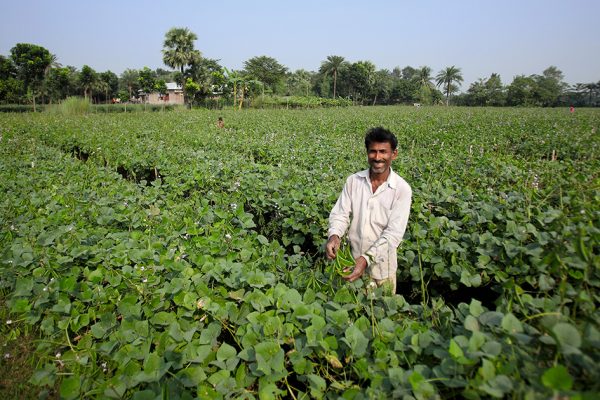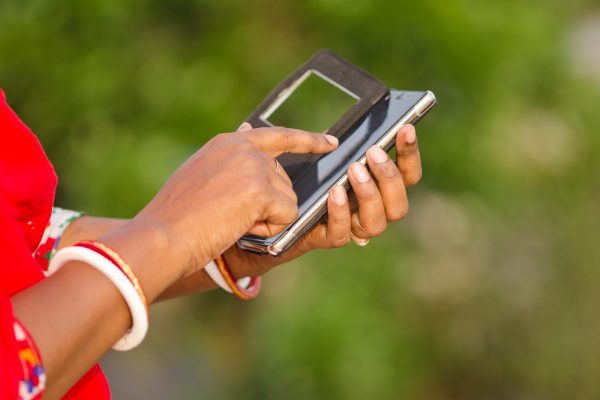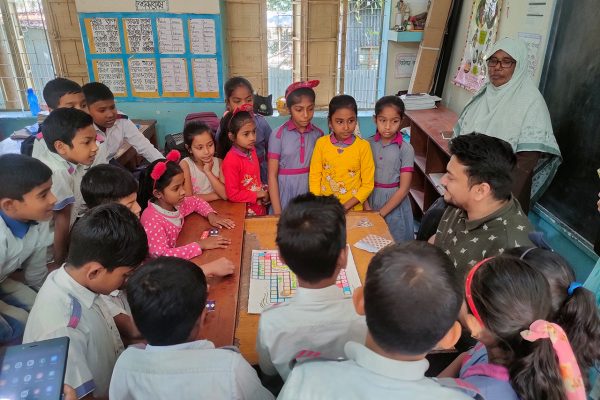Celebrating the stories of 2 million women
Reading Time: 3 minutes
BRAC’s ultra-poor graduation (UPG) programme has now reached more than 2 million households in Bangladesh using an approach that provides temporary but intensive support, carefully designed to lift the poorest into sustainable livelihoods.
As a participant of BRAC’s ultra-poor graduation (UPG) programme, Lipi has achieved great success. When she joined the programme in 2015, she chose to build a ‘rice plus fish’ enterprise. After a training on managing business, she received a small plot of land to grow rice and fish.
Lipi had faced poverty and food insecurity her entire life, a reality made worse when she lost her home to the devastating Cyclone Sidr in 2007. She slept under the sky without food and water for days while along with her husband, worked to rebuild their home and care for their child.
Three years on, Lipi has a sustainable income. She was able to build a stronger house, cultivate vegetables and livestock, and send her child to school.
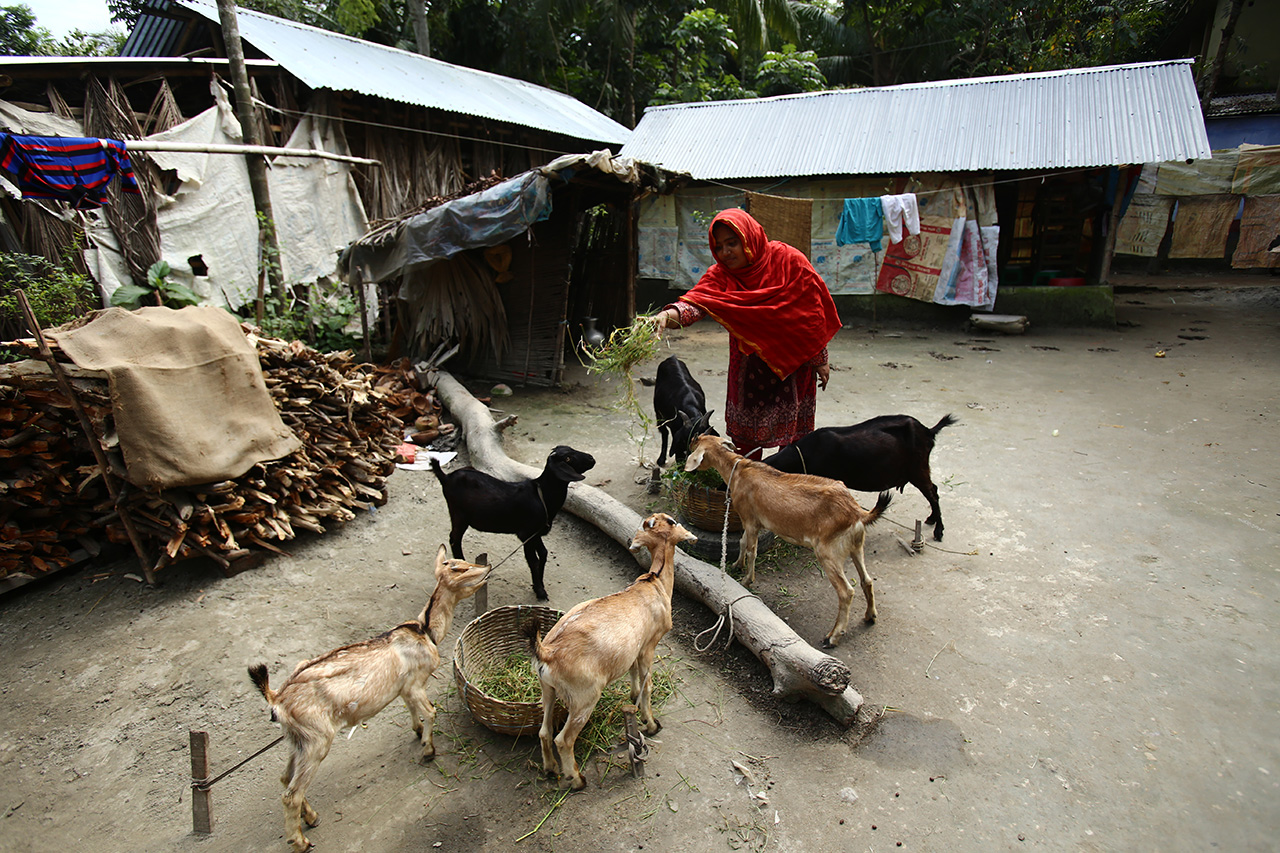
This month, we are celebrating Lipi and over 2 million women and their families – roughly 8 million people – who have joined her in breaking out of the poverty trap, with support from the UPG programme.
Working in Bangladesh since 1972, BRAC realised decades later that while they were making great strides in alleviating poverty across the nation, the poorest households – the ‘ultra-poor’ – were being missed entirely from the existing development interventions. Their state of vulnerability presented a complex challenge. BRAC saw the need for an approach that was targeted specifically to this population; that was capable of meticulously breaking down the multiple barriers that they faced.
After much trial, error and research, BRAC developed the Graduation approach in 2002. BRAC built Graduation on four pillars: social protection, livelihoods promotion, financial inclusion and social empowerment. Through a series of interventions based on these pillars, BRAC found that in two years it could ‘graduate’ people into economically active, sustainable, healthy and fulfilling lives. This means they can meet their basic needs, are generating income, have access to savings, and are empowered socially.
Evidence from independent researchers at the London School of Economics suggests that BRAC has successfully cracked the formula. Today, after over 17 years in operation, the UPG programme has started to witness signs of inter-generational transformation among the households who have participated, meaning children have access to far greater opportunities than were available to their parents.
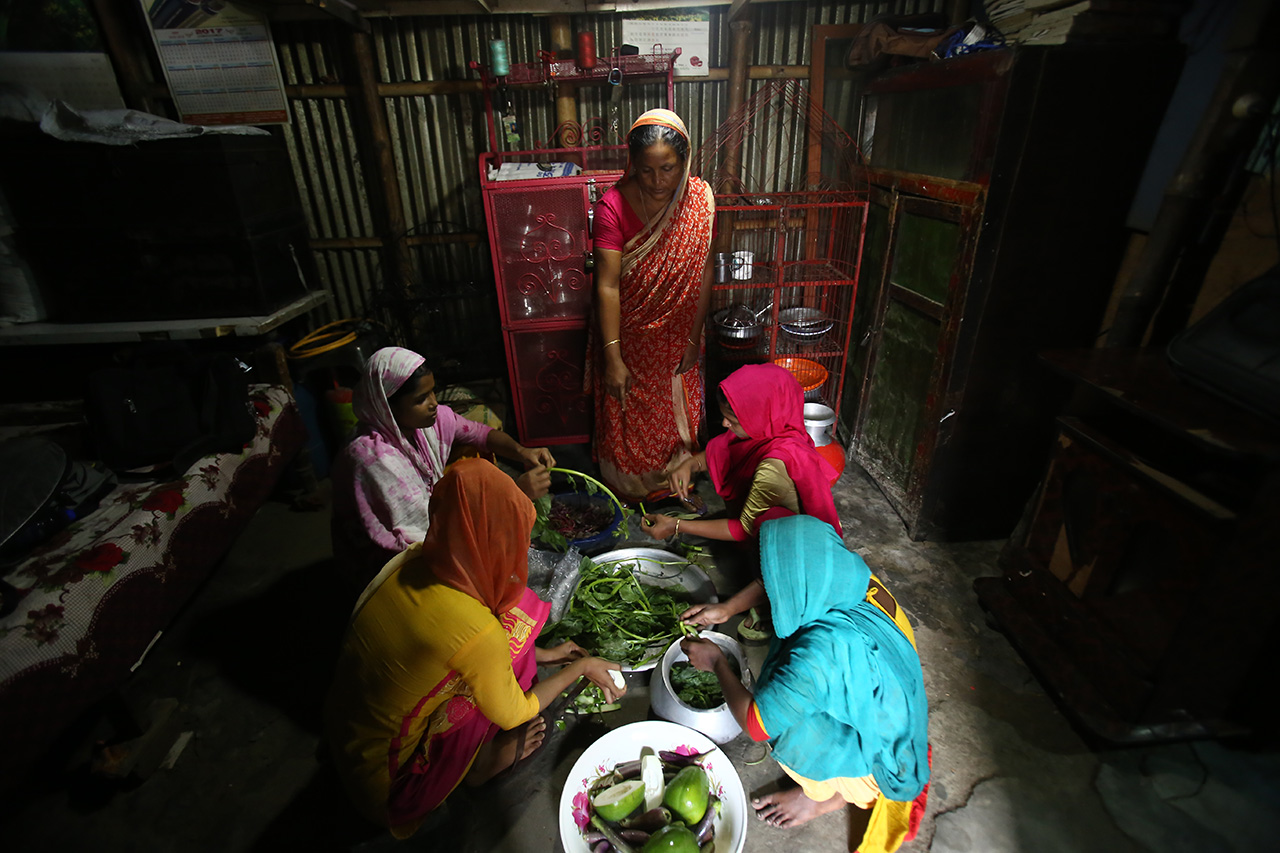
BRAC credits much of its success to its commitment to questioning and understanding the context of local poverty. As the nature of extreme poverty has evolved in Bangladesh, the UPG programme has evolved along with it. For example, in the early 2000s, when malnutrition was a scourge on almost everyone in poverty, BRAC supported consumption needs by handing out rice and lentils alongside a cash stipend. Today, by contrast, even the poorest can access basic food items. The UPG programme has also modified its approach to be able to work in both rural and urban settings, in refugee and host communities of Cox’s Bazar, and areas affected by climate change – such as Khulna in southern Bangladesh, where Lipi lives. This means Lipi’s experience of the programme varied greatly from that of Rebeka – who runs a small canteen for rickshaw pullers in the slums of Dhaka.
In spite of its perceived complexity, the UPG programme has shown a remarkable ability to scale, now engaging 100,000 new households each year across 45 districts in Bangladesh.
Lipi’s unique journey is one of over two million diverse stories of people who have broken out of the poverty trap through the UPG programme in Bangladesh. These stories are not just numbers, they are lived realities. They represent balanced meals on the table, local business ownership, more children in school, prevented child marriages, new friendships, money set aside for the future, thriving communities and so much more.
Beyond BRAC and Bangladesh, these powerful stories and evidences have inspired the creation of countless other Graduation programmes around the world, in part, thanks to the early CGAP and Ford Foundation pilots that helped generate greater support and adoption of the approach.
Today an estimated 14 million people in extreme poverty have been reached by this approach. Recognising that we cannot end extreme poverty alone, BRAC launched the ultra-poor graduation initiative to help scale the Graduation approach among governments and NGOs around the world.
As we mark the International Day for the Eradication of Poverty with this major milestone, we are energised by the number of actors that have joined us in adopting this proven approach. We remain optimistic as ever – ending extreme poverty is indeed possible if we continue to working together.
You can learn more about how to join us at bracultrapoorgraduation.org
Erica Ness is an associate working for BRAC’s ultra-poor graduation initiative.


